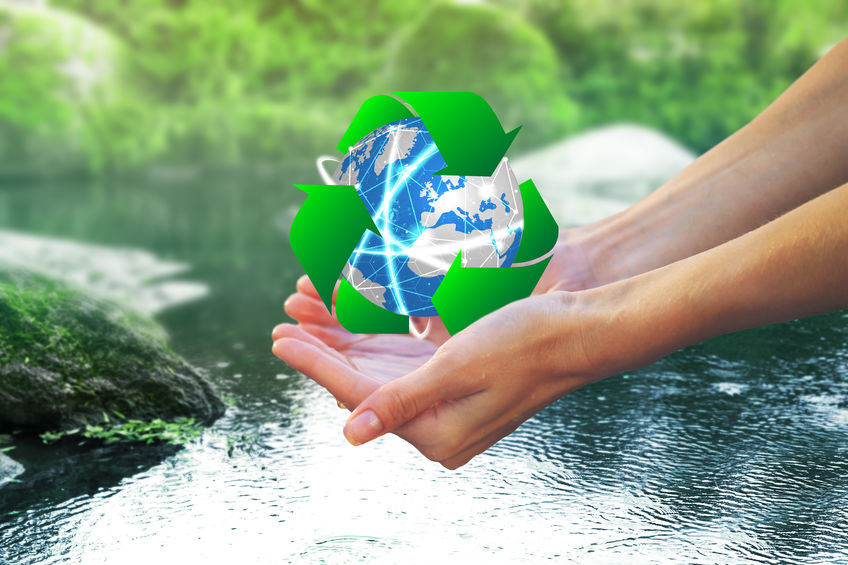
When you’re constantly out on the water, under the blazing sun and bright blue sky, watching the aquatic wildlife swim below you, you develop a special appreciation and respect for the environment. It’s hard not to feel a duty to protect and preserve the natural world around you when you spend so much time reaping its benefits.
As an angler, there are several steps you can take to help sustain fish populations, marine habitats, and the ecosystem in which you fish. Start with these five habits to help you become a more environmentally responsible fisherman!
1) Responsible Boating
If you prefer fishing from a boat to a spot on the shore or pier, be conscious of how your boat can impact the ecosystem you’re traversing. In shallow waters, a propeller can destroy underwater vegetation that fish rely on for food and habitat, as well as stir up sediment that blocks light transmission.
Avoiding or minimizing propeller use when boating in these areas will reduce disruption to the ecosystem. You can also make your boat eco-friendly by installing a stainless-steel propeller to reduce drag and an electric motor to increase fuel efficiency and decrease carbon emissions.
2) Catch and Release Fishing
Practicing catch-and-release fishing is one of the most effective ways to reduce the impact of sport fishing on native fish populations. Releasing fish back into the water allows them to continue growing and reproducing more robust offspring—which is why we practice catch and release for all trophy-size fish at Lawrence Bay Lodge.
Make sure you use the right equipment and handle fish carefully to give them the best chance at survival. If you’re adhering to catch and release guidelines, the only time you wouldn’t want to let a fish back into the water is if you catch an invasive species that threatens the native ecosystem.
3) Safe Gear and Technique
Another way to practice sustainable fishing is to use angling techniques and gear with minimal negative impact on the environment. You can, for example, opt to use a rod and reel for hook-and-line fishing that quickly releases bycatch and prevents overfishing by allowing only one fish to be caught at a time.
A few other sustainable habits you can adopt are to clean your gear when switching between locations (to avoid introducing foreign plant life or bacteria), refrain from dumping baitfish that will compete with native populations for resources, and use lead-free equipment and non-toxic sinkers. You should also take care to retrieve all of your litter and whatever lost equipment you can—lines, sinkers, etc.—when you’re finished so it does not harm any area wildlife.
4) Follow Area Guidelines
Regional fishing rules and regulations are in place to protect the local environment. When fishing in a new area, prepare for your trip by conducting some research into local regulations so you can adapt your practices accordingly. Pay attention to signs posted in the area as well that might prohibit or restrict fishing and/or boating in specific locations.
Something else to keep in mind is that, although it may be annoying to pay for a license every time you fish in a new spot, the money you spend will go towards maintaining and caring for aquatic life in that area.
5) Responsible Fish Use
It’s understandable that sometimes you’ll want to take home a few of the fruits of your labour after a long afternoon spent reeling in fish. When you do plan on keeping a fish, you can still practice sustainability by ensuring none of it goes to waste. In other words, use all of what you catch.
If you’re bringing home a fish, chances are you plan on eating it—which is great! But did you know you can still make use of the bones and other inedible parts? If you compost them with other organic materials, such as sawdust, wood chips, bark, etc., you can use the product as a rich fertilizer.
Since 1981, Lawrence Bay Lodge has been practicing sustainable catch-and-release fishing for larger fish to help preserve and protect local populations. This also ensures that everyone who fishes with us has a chance at a trophy catch year after year. Additionally, our guides help make use of the small fish you catch by cooking them up for your delicious shore lunch at midday.
Book a first-rate fishing trip in Northern Saskatchewan you can feel good about today!

